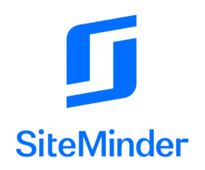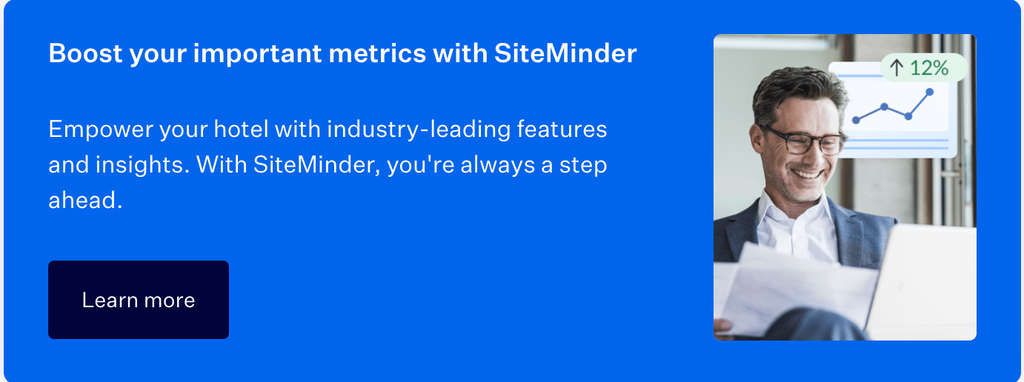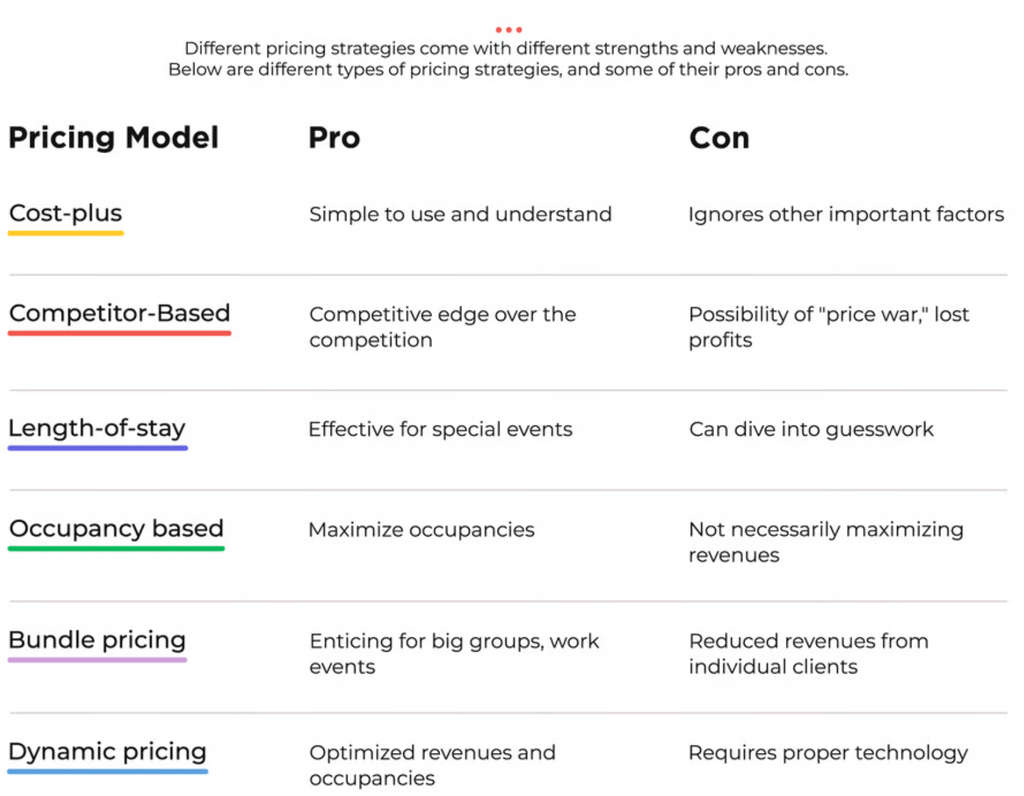Competitor based pricing for hotels: A complete guide

What is competitor based pricing?
Competitor-based pricing or competition-based pricing is a data-driven approach where businesses use advanced analytics to set their prices based on competitors’ rates. In the hotel industry, this involves leveraging sophisticated pricing algorithms and software to monitor, in real-time, the room rates of comparable hotels.
But it’s not just about matching or undercutting competitors’ prices. This strategy uses statistical models to predict optimal price points that maximise revenue and occupancy. These models factor in variables such as historical booking patterns, seasonality, local events, and even guest reviews.
The goal is to provide hoteliers with a dynamic pricing strategy that responds to both market and property-specific conditions.
Table of contents
- 1. What is competitor based pricing?
- 2. Why use competitor based pricing for hotels?
- 3. Advantages of a competitor based pricing strategy
- 4. How to implement a competitor based pricing strategy
- 5. Competitor based pricing example
Why use competitor based pricing for hotels?
With the modern popularity of online booking platforms and how easy it is to compare hotel costs for guests, providing competitive pricing no matter where you’re listing is crucial for success. Competitor-based pricing provides that at a foundational level by ensuring that your hotel never loses sight of the competition. Competitor based pricing gives you access to:
Algorithmic pricing
Modern pricing tools use algorithms that factor in a multitude of variables. These algorithms aren’t just about tracking competitors but understanding the entire market ecosystem.
Real-time data analysis
Competitor price intelligence tools fetch real-time competitor pricing data. This means that hotels can make better pricing decisions, faster, responding to market trends and changes quickly and expertly to maintain their competitive edge.
Multichannel insights
Advanced pricing tools incorporate multichannel insights on guest booking trends, giving you insight into the performance of each of your online distribution channels—by revenue and room nights generated—along with the impact of your online marketing campaigns to understand exactly where your website visitors are coming from and what calls-to-action are driving conversions.

Advantages of a competitor based pricing strategy
Why should revenue managers monitor their competitors’ prices? And why use competitor based pricing? Competitor-based pricing offers several technical and strategic advantages:
Predictive analysis
This isn’t just about understanding the past but predicting the future. By analysing historical data, hotels can forecast demand, ensuring they’re always ahead of the curve.
Dynamic pricing
The ability to adjust prices multiple times a day based on real-time market conditions ensures the hotel remains competitive at all times.
Data visualisation
Modern tools provide intuitive dashboards that visually represent pricing data. SiteMinder, for example, provides a single dashboard for you to stay on top of your local competitors’ pricing without having to manually monitor each throughout the day. This visual representation makes spotting trends and making informed decisions easier for hoteliers.
While there are many other types of pricing models, ultimately competitor-based pricing does what it says on the packet: beats your competition on price.

How to implement a competitor based pricing strategy
Implementing a competitor-based pricing strategy involves a blend of technology and strategy:
1. Data integration
Ensure your Property Management System (PMS) is integrated with pricing tools for seamless data flow.
2. Competitor benchmarking
It’s not just about knowing their prices. Understand their promotional strategies, guest reviews, and overall brand positioning.
3. Algorithm configuration
Tailor the pricing algorithm to your hotel’s specific goals. Whether you’re looking to maximise occupancy, revenue, or both, the algorithm should reflect that.
4. Automated price adjustments
Set up triggers for automatic price adjustments. For instance, if a competitor drops their price by 10%, your rates could automatically adjust to remain competitive.
5. Continuous monitoring
The market is dynamic. Regularly review your pricing decisions, understand their impact, and refine your strategy accordingly.
Modern hotel management isn’t just about hospitality; it’s about harnessing technology to stay ahead. Integrating advanced pricing tools with your existing PMS is crucial. These tools, often cloud-based, offer real-time insights, predictive analytics, and automated adjustments.
For hotel groups and chains, solutions like SiteMinder’s pricing analytics can be a game-changer. Our software not only provides competitor data but also provides an integrated booking platform, ensuring you have a holistic view of the market.
Competitor based pricing example
Consider two luxury hotels in London.
- Hotel A uses a basic pricing strategy, adjusting rates seasonally.
- Hotel B employs a sophisticated competitor-based pricing tool.
Hotel B’s tool, integrated with a cloud-based PMS, fetches real-time data on competitor rates, local events, and even weather forecasts. When a major event is announced in London, the tool predicts a surge in demand and automatically adjusts Hotel B’s rates. As a result, Hotel B sees a significant increase in bookings and revenue, showcasing the power of a dynamic, data-driven pricing strategy.
By embracing the technical intricacies of competitor-based pricing and leveraging advanced tools, hotels can navigate the complex pricing landscape with precision and agility. This approach ensures they remain competitive, maximise revenue, and cater effectively to their target audience.
Stay ahead of the market with effective competitor based pricing in the hotel industry
The hotel market is dynamic, with prices fluctuating based on countless variables. With SiteMinder, hoteliers are equipped with the tools to navigate this complexity and set prices that outsmart the competition. Here’s how SiteMinder makes the difference:
- Effective pricing tools: Adjust room rates based on demand, seasonality, and other key factors.
- Real-time analytics: Stay updated with real-time market trends and competitor pricing, ensuring you are always a step ahead.
- Seamless integration: Integrate SiteMinder with your existing PMS for a unified pricing strategy across all platforms.
SiteMinder ‘s business intelligence is another valuable tool for our hotel, enabling us to set rates and develop revenue management strategies through competitor analysis. With real-time and detailed analytics, we have dependable and clear information that gives us complete control and foresight. Silavadee Resort
About SiteMinder
SiteMinder Limited (ASX:SDR) is the name behind SiteMinder, the world's leading hotel distribution and revenue platform, and Little Hotelier, an all-in-one hotel management software that makes the lives of small accommodation providers easier. The global company is headquartered in Sydney with offices in Bangalore, Bangkok, Barcelona, Berlin, Dallas, Galway, London, Manila and Mexico City. Through its technology and the largest partner ecosystem in the global hotel industry, SiteMinder generates more than 125 million reservations worth over US$50 billion in revenue for its hotel customers each year. For more information, visit siteminder.com.
